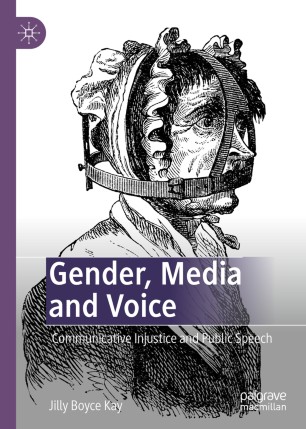

Most ebook files are in PDF format, so you can easily read them using various software such as Foxit Reader or directly on the Google Chrome browser.
Some ebook files are released by publishers in other formats such as .awz, .mobi, .epub, .fb2, etc. You may need to install specific software to read these formats on mobile/PC, such as Calibre.
Please read the tutorial at this link: https://ebookbell.com/faq
We offer FREE conversion to the popular formats you request; however, this may take some time. Therefore, right after payment, please email us, and we will try to provide the service as quickly as possible.
For some exceptional file formats or broken links (if any), please refrain from opening any disputes. Instead, email us first, and we will try to assist within a maximum of 6 hours.
EbookBell Team

4.7
36 reviewsThis book explores the increasing imperatives to speak up, to speak out, and to ‘find one’s voice’ in contemporary media culture. It considers how, for women in particular, this seems to constitute a radical break with the historical idealization of silence and demureness. However, the author argues that there is a growing and pernicious gap between the seductive promise of voice, and voice as it actually exists. While brutal instruments such as the ducking stool and scold’s bridle are no longer in use to punish women’s speech, Kay proposes that communicative injustice now operates in much more insidious ways. The wide-ranging chapters explore the mediated ‘voices’ of women such as Monica Lewinsky, Hannah Gadsby, Diane Abbott, and Yassmin Abdel-Magied, as well as the problems and possibilities of gossip, nagging, and the ‘traumatised voice’ in television talk shows. It critiques the optimistic claims about the ‘unleashing’ of women’s voices post-#MeToo and examines the ways that women’s speech continues to be trivialized and devalued. Communicative justice, the author argues, is not about empowering individuals to ‘find their voice’, but about collectively transforming the whole communicative terrain.